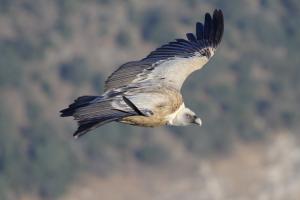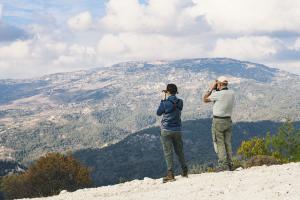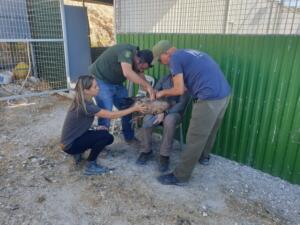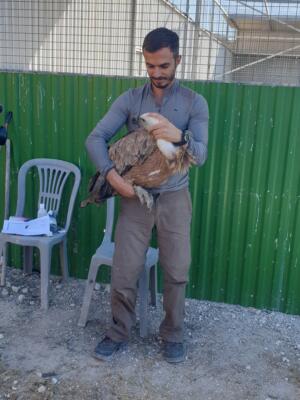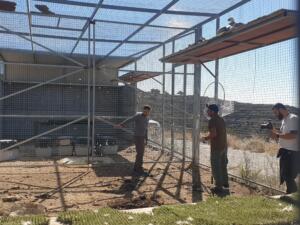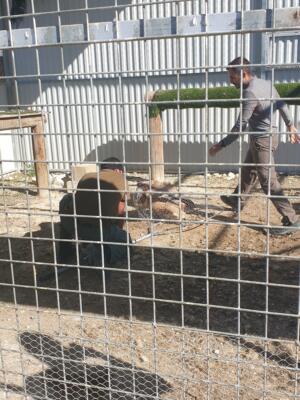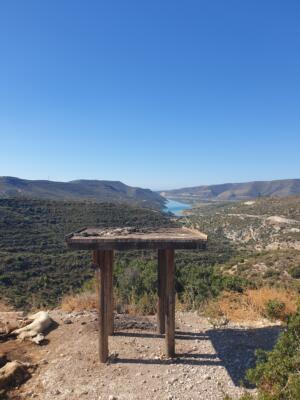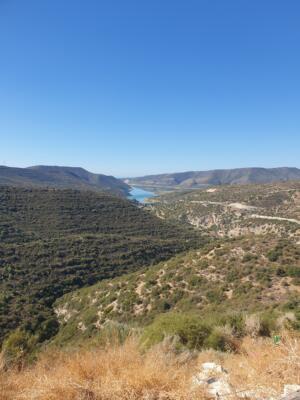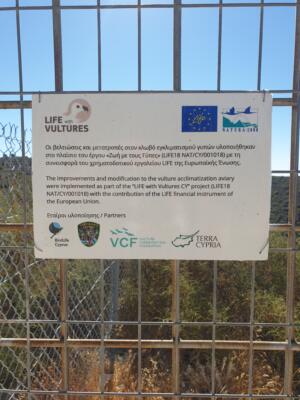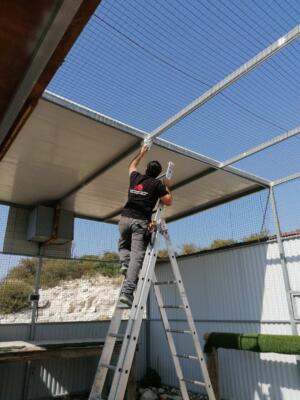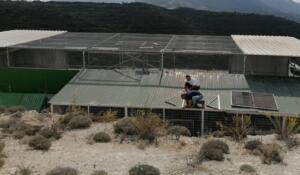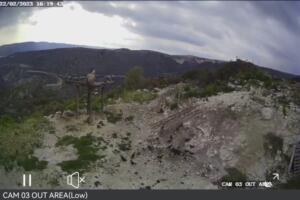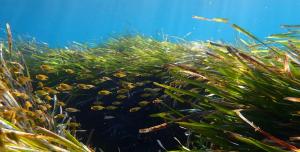
Grants
Biodiversity Conservation
Technical Support with Life-Vultures Project
€5000 awarded
Project duration: 03/2022 – 12/2022
Status: COMPLETE
The challenge
According to Flint and Stewart (1983), Griffon Vultures were abundant in the first half of the twentieth century, with up to 140 individuals observed at a single carcass. In the latter half of the twentieth century, frequent poisoning incidents and decreased food availability caused a rapid and sustained population decline to 14 individuals in 2005 (BirdLife Cyprus 2005). A recent Population Viability Analysis (Phipps, W. L. 2020) predicts that with currently 20 individuals and 1-3 breeding pairs, the population will go extinct in the next 15 years due to consistent negative population growth rates, largely driven by the high poisoning frequency. In addition, recent breeding monitoring surveys indicate a high rate of mortality in fledglings.
The solution
The project aims to increase survival rates of the near-extinct Griffon Vulture population in Cyprus by reducing mortality incidents to fledglings, rehabilitated and translocated birds through targeted population monitoring activities. Overall, the actions contribute to the conservation of the Griffon Vulture population in Cyprus, bringing the population closer to the Favourable Conservation Value of 65 pairs (or 200 individuals) within 25 years. Improvement of non-invasive monitoring will be achieved using specialized technology such as CCTV cameras and GPS transmitters. A CCTV camera will provide a 24-hour view of the acclimatization aviary where vultures are kept for either restocking, rehabilitation or tagging purposes. In addition, the project foresees careful placement of GPS transmitters on young vultures in the nest, in order to monitor the tagged birds’ well-being in the crucial post-fledgling period. Remote monitoring can alert competent authorities, thus enabling them to intervene in good time and prevent losses. The proposed activities will complement ongoing EU funded efforts to enhance the Vulture population. The project is implemented together with the Game and Fauna Service, Terra Cypria and the Vulture Conservation Foundation.
Project’s deliverables
- Installing and operating a CCTV camera at the acclimatisation aviary at Limnatis.
- Tagging one Griffon Vulture from the local population that will be caught in the specialized trap for this purpose, in order to monitor its movements.
- Installing two information signs within the core range of the Griffon Vulture in collaboration with selected communities – One sign in Ayios Ioannis and another in Trachypedoula. The signs will include information about the species, its threats and importance as well as contact information to report poisoning incidents in the countryside. This action, contributes to the awareness raising efforts not only to the local community but also to visitors and land users of the area.
- 25 project T-shirts to be printed and disseminated to local livestock farmers as part of the “LIFE with Vultures” project’s communication campaign in the effort to raise awareness about Griffon Vultures and the efforts to boost their population, and the impact of use of poison baits.
Project updates
- Installed information sign on Griffon vulture in Ayios Ioannis and Trachypedoula communities.
References
- Flint, P., Stewart, P., 1983. The birds of Cyprus. Zoological Museum, UK.
- BirdLife Cyprus, 2005. Annual Bird Report 2005.
- Phipps, W. L. 2020. LIFE With VulturesCY – LIFE18 NAT/CY/001018, Action A4: Population Viability Analysis of the Cyprus Griffon Vulture population under different management scenarios. Final report. Vulture Conservation Foundation.
A bit about the organization
Founded in 2003, BirdLife Cyprus is the most active non-governmental, non-profit nature conservation organization in Cyprus. Through science, advocacy, education and on the ground conservation work, the organization works to protect wild birds, their habitats and wider biodiversity in Cyprus. The NGO is part of BirdLife International, the global Partnership of nature conservation organizations.

